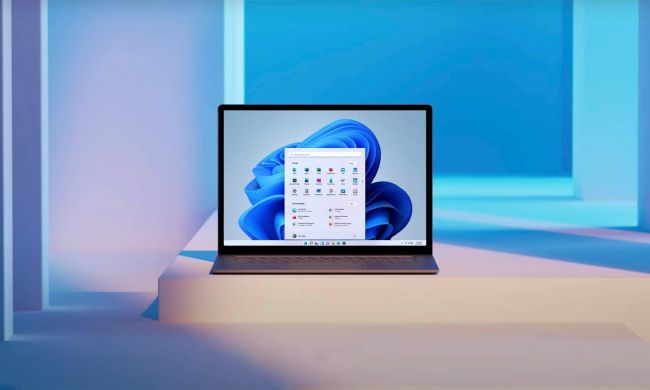The Federal Trade Commission (FTC) and law enforcement officials announced a new crackdown against illegal robocalls on Tuesday, targeting companies responsible for over a billion of the annoying calls.
The FTC’s “Operation Call It Quits” took aim at U.S. companies allegedly responsible for more than one billion pre-recorded phone calls that pitch a variety of products and services through caller ID spoofing, which can make the number appear as a local call.
The alleged scams range from companies claiming to be able to lower your credit card interest rate to money-making opportunities and medical alert systems. Many exploited vulnerable people in order to take their personal information, authorities said.
“We’re all fed up with the tens of billions of illegal robocalls we get every year,” said Andrew Smith, Director of the FTC’s Bureau of Consumer Protection, in a statement. “Today’s joint effort shows that combating this scourge remains a top priority for law enforcement agencies around the nation.”
The operation included 94 actions over nine months, the FTC said, with enforcement ranging from warnings to fines and charges.
So far, the FTC has brought 145 cases against illegal robocallers and Do Not Call violators. The announcement highlights four newly-filed lawsuits against these types of robocall operations, including companies like First Choice Horizon LLC, 8 Figure Dream Lifestyle and Media Mix 365, LLC, which allegedly called one number more than 1,000 times in a single year.
The regulator worked with the Department of Justice along with state and local agencies to go after the robocallers. The operation brought four new cases against robocallers, along with three big-dollar settlements. In March, the FTC forced four major robocall operations to close as well as pay hefty fines.
“At best, these calls represent a nuisance for families just wanting to enjoy peace and privacy without needless disturbances interrupting their routines. At worst, they represent scams that successfully steal people’s identities or hard-earned money,” said Indiana Attorney General, Curtis Hill.
Not only are the FTC and law enforcement getting involved in solving the issue of scammy calls, but earlier this month, the Federal Communications Commission (FCC) voted to allow cell phone companies to block robocallers without needing customers to opt in.
It’s not just individual phone users who are hit by these calls, either. Hospitals have begun to get thousands of robocalls, which takes up hospital employees’ time that could be used tending to patients or answering legitimate calls.
“Every year, our office gets more consumer complaints about unwanted robocalls than just about any other issue,” Hill said.
All this points to a concerted effort to end the scourge of robocalls — though it likely won’t matter to you until you stop getting several of them every day.



